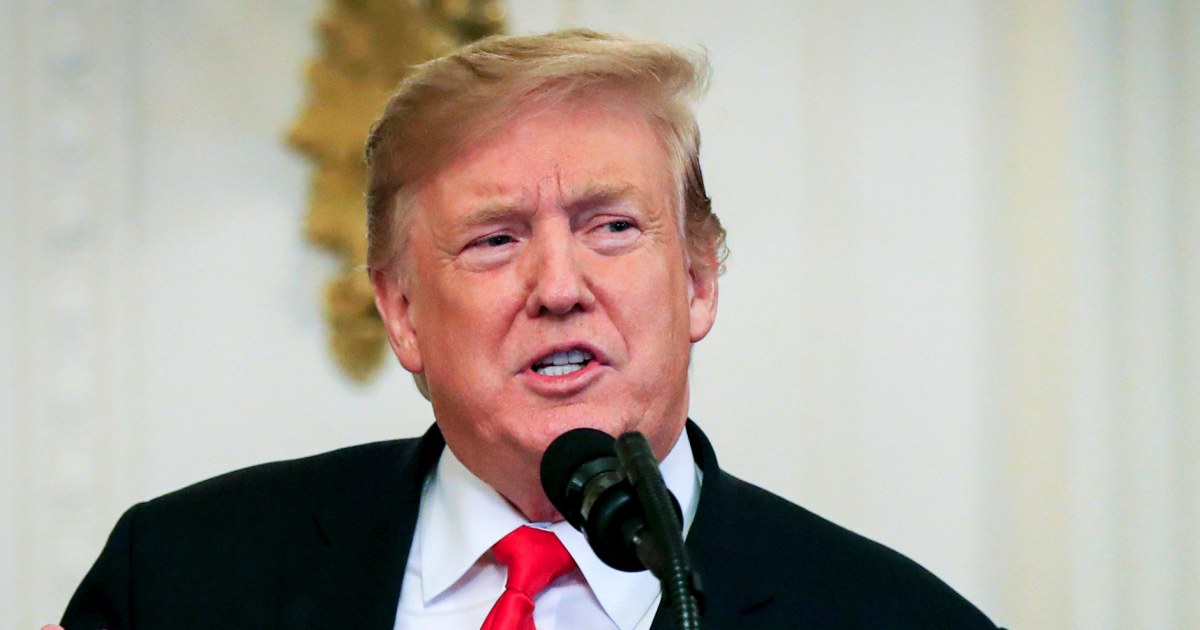Past government shutdowns have dinged Republicans but not cost them long term
As Republican leaders on Capitol Hill scramble to rescue a government funding deal after President-elect Donald Trump helped torpedo an initial agreement, an NBC News review of historical polling data shows that lawmakers have not paid a steep political price in past government shutdowns.
It’s a point some shutdown proponents have been making as Trump and his allies, including billionaire Elon Musk, called on Republicans to abandon a bipartisan funding deal that was released this week.
“President Trump and Republicans should not be afraid of a government shutdown. The next election is two years away,” former House Speaker Newt Gingrich posted on X. “We had two shutdowns in 1995 and became the first reelected house gop majority since 1928.”
“It may take shock therapy for schumer and democrats to learn President Trump is serious about draining the swamp,” Gingrich continued, referring to Senate Majority Leader Chuck Schumer, D-N.Y.
In the 1996 elections, Republicans gained nine House seats and two Senate seats even as President Bill Clinton was re-elected, according to the American Presidency Project.
While Republicans have shouldered the blame for more recent shutdowns, standoffs over government funding have not been a major factor in subsequent elections.
The most recent government shutdown occurred during Trump’s first term. It began in December 2018 and ended in January 2019, spanning 35 days and becoming the longest in U.S. history.
An NBC News/Wall Street Journal poll in January 2019, before a funding deal was announced, found 50% of Americans blamed Trump for the shutdown, while 37% said Democrats in Congress were responsible. But Trump’s 43% approval rating in that same survey was unchanged from a poll prior to the shutdown.
An overwhelming share of Americans — 71% — said at the time that neither they nor someone in their family had been affected by the shutdown, while 28% said they had been affected.
Trump, of course, went on to lose the election the next year, but the shutdown was not considered a major factor in a campaign dominated by the pandemic and other events.
In 2013, the GOP did take a sharp polling hit amid the first government shutdown in nearly two decades — but it didn’t last. That shutdown came amid a standoff between Republicans, led by Texas Sen. Ted Cruz, and Democrats over funding to implement the Affordable Care Act, then President Barack Obama’s signature health care law.
At that time, the NBC News/Wall Street Journal poll found a majority of Americans (53%) blamed Republicans for the stalemate, while 31% blamed Obama. And, unlike in 2019, the GOP’s popularity hit a low point, with just 24% saying they viewed the party favorably.
The 2013 survey also found Democrats with an 8-point advantage on the congressional ballot, with 47% saying they would prefer a Democratic-controlled Congress and 39% saying they preferred a GOP-controlled Congress.
But things changed significantly over the next year-plus, and the 2014 midterms had different results. Republicans rode a red wave to their largest House majority in decades, while also taking control of the Senate. Other issues, including the glitchy launch of online portals to sign up for health insurance under Obamacare, ended up overtaking the 2013 shutdown.
The latest stalemate this year also comes amid high levels of pessimism about the divided country.
In NBC News’ most recent poll, in November, 60% of voters expected the country to remain very divided with the election of the next president, while 28% said the country would become more united.


